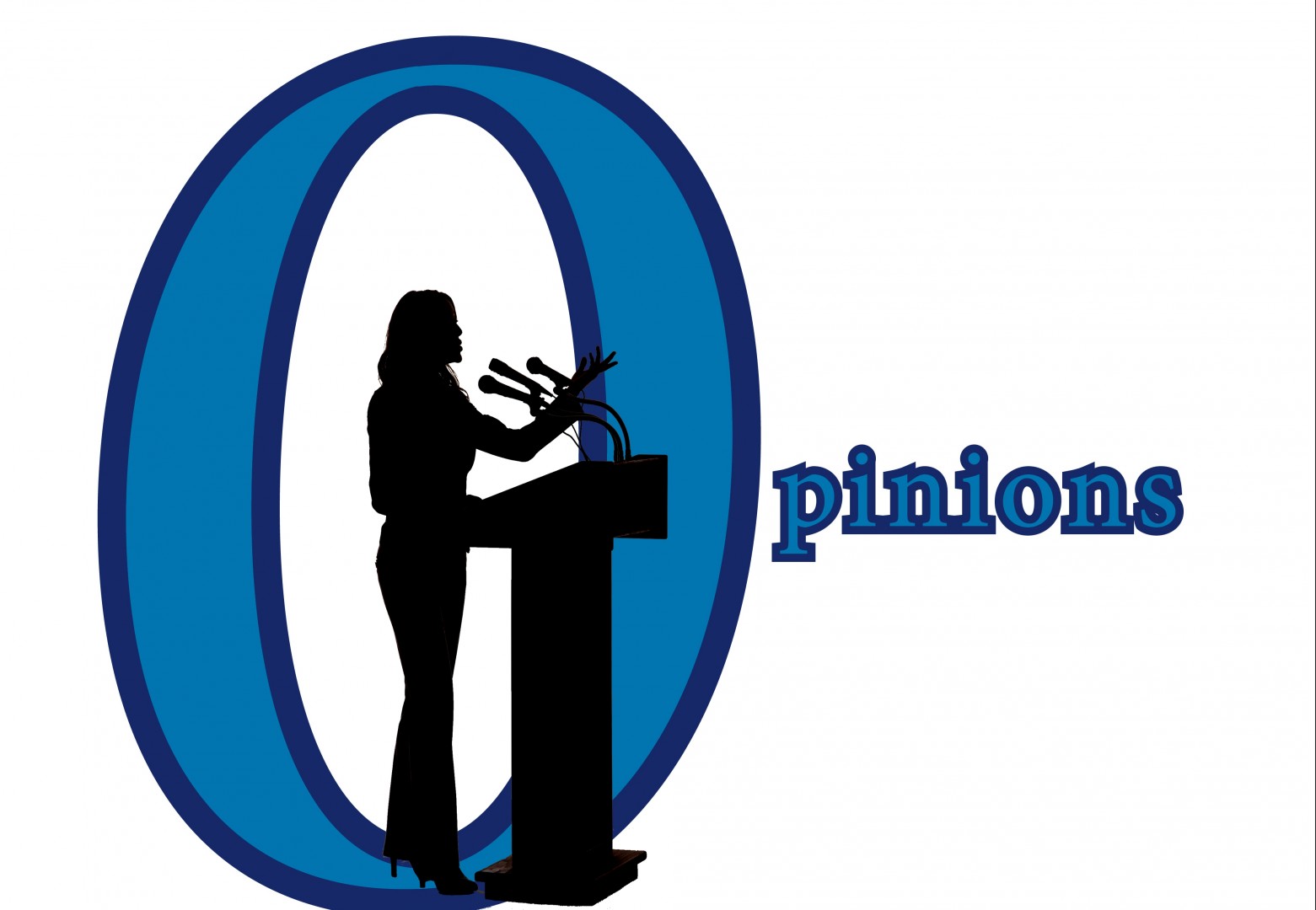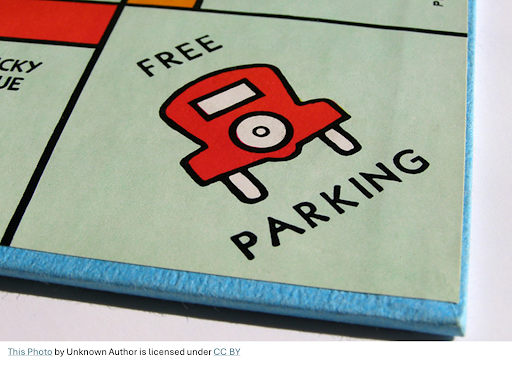We’ve all seen the bumper stickers, campaign posters and overly dramatic TV commercials. Every four years as the presidential election draws near the candidates grow even thirstier for supporters and the ads get bigger, more exaggerated and more numerous.
But how many people do you know who are actually persuaded by these ads? When you see an Obama bumper sticker on someone’s car, does that make you want to revoke your support for Romney and vote for Obama?
Do the TV commercials set to ominous music do anything more than make you roll your eyes? An excessive amount of money is being spent on these ads that do little more than make you annoyed – couldn’t that money be better spent?
Some of these ads do succeed in getting the candidate’s message out, which is essential in the election process. So if the candidate fails to raise any money at all for advertising, then it will likely affect them negatively.
But for the most part, all of the money spent on ads makes only a minimal difference in the polls, almost never shifting them enough so that it shifts the election itself according to the Washington Monthly.
Of course, citizens need to know what the candidates stand for, but there comes a time when enough is enough.
When commercial ads are put on repeat on every channel and bumper stickers are sent to every person who has ever shown any support for the president, it is no longer about “getting the message out” and becomes wasteful and obnoxious.
Some will argue that if you look to the past, nearly every winning presidential candidate spent more money than his opponent (with a few recent exceptions – Clinton in 1996 and Reagan in 1980). So money must be the deciding factor in most elections, right? Wrong.
Think about where the money spent on campaigns is coming from. Most recent candidates (including Obama and Romney) chose to deny public campaign funding which would have put limits on how much they raise and spend.
So instead, money is coming from private donors and corporations who represent a number of people who hope to see that candidate win. It would make sense that the more popular candidate would receive more money from citizens and therefore spend more money on ads.
The candidate with the most money spent therefore doesn’t win directly because of the ads, but because more people were willing to donate to their campaign.
So what’s the point in spending the money at all?
The upcoming presidential election is projected to spend the most on campaigns in history – even defeating the $1.681 billion spent all together in the 2008 election.
By mid-September, the Obama campaign had raised $114 million, while Romney’s trailed at $111 million (not including independent spending by organizations not affiliated with the official campaign) according to CNN.
This already seems excessive (think about how many people we could feed or houses we could build for the homeless), but on top of the money the campaigns are wasting, the ads aren’t even beneficial in getting knowledge to the public. TV ads are 30 seconds long, so they can never offer the full story. And they’re so exaggerated and dramatic they’re even misleading.
What has happened to America’s political system?
What happened to fair elections where the facts actually mattered and voters were well informed? It’s time to clean up our act, because campaign spending has simply gotten out of control.











